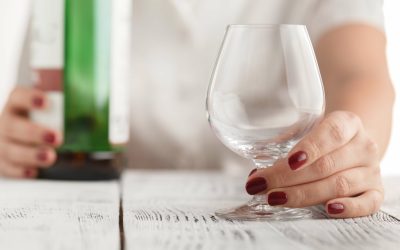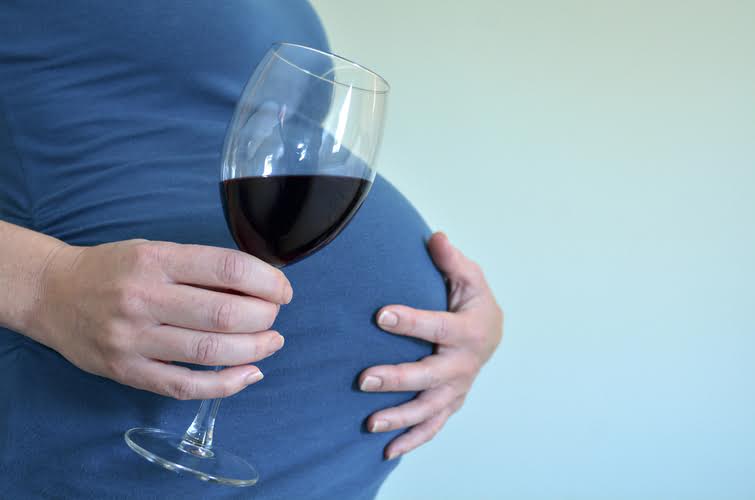When you lose too much water without properly replacing it, you become dehydrated. Dehydration can cause mild symptoms like headache, dry mouth, dizziness, and fatigue, or severe issues like damage to the brain, heart, kidneys, and even death (1). The gastrointestinal tract often bears the brunt of heavy drinking. Alcohol can irritate the lining of the stomach and intestines, sometimes triggering nausea—a queasy feeling that might quickly escalate to full-blown vomiting. This isn’t just your body’s way of rejecting excessive alcohol; it’s also a substantial contributor to dehydration.
Alcohol’s effects on hydration status and its implications for athletic performance
This can further exacerbate issues related to dehydration, as the kidneys may not be able to effectively regulate water balance in the body. Furthermore, alcohol can disrupt the body’s electrolyte balance, particularly levels of sodium and potassium. Electrolytes are essential for maintaining proper hydration and nerve function, and imbalances can lead to muscle cramps, weakness, and other symptoms of dehydration.
DripDrop Zero Sugar Classic Variety Pack Electrolyte Powder

Therefore, it’s best to moderate your intake of energy drinks and alcoholic beverages and pair these drinks with plenty of water to stay hydrated. Alcohol has a diuretic effect on the body, causing increased urination and fluid loss. Beer, for instance, contains 93-95% water, yet it can be a significant source of dehydration due to its diuretic properties. The alcohol content in beer, typically ranging from 3-7% ABV, influences the level of dehydration, with higher ABV leading to more dehydration. One of the primary ways alcohol affects kidney function is by reducing the reabsorption of water in the kidneys. Normally, the kidneys reabsorb water from the urine and return it to the bloodstream, helping to maintain hydration levels in the body.

Consuming alcohol in a responsible and health-conscious manner
A special fluid in alcoholism symptoms the ear’s vestibular system called endolymph also reacts adversely to alcohol, thinning when it’s introduced to the substance. This can stop the body from recognizing its orientation in physical space, since endolymph can’t properly navigate the vestibular system’s semicircular framework. While many people who drink alcohol initially experience relaxation or euphoria, these feelings are temporary.
- The diuretic effect of alcohol inhibits the production of the antidiuretic hormone “vasopressin,” which is crucial for water retention.
- It’s actually thought that if you drink 200 ml of beer, that you don’t just urinate 200 ml of water.
- You can avoid it by regularly drinking water and other fluids and eating foods with high water content.
- Once you consume alcohol, it’s already in your body and must be removed by the liver.
- A great way to prevent dehydration from alcohol is to make mineral supplements a part of your daily routine.
Pay attention to your body’s signals, drink plenty of water, and be aware of the potential impact of alcohol on your overall hydration and health. Furthermore, it’s essential to replenish lost fluids and electrolytes after drinking. Rehydrating with water and consuming foods high in electrolytes, such as bananas, leafy greens, and yogurt, can help restore balance and alleviate dehydration symptoms. Additionally, incorporating electrolyte supplements or how can alcohol, a liquid, dehydrate the body? sports drinks can aid in replenishing essential minerals and supporting overall hydration. It’s also important to be mindful of the type and amount of alcohol consumed.
Symptoms of dehydration
This section discusses strategies to ensure adequate water intake, while also addressing how to consume coffee responsibly. In particular, it’s best to enjoy caffeinated energy drinks and alcohol in moderation and consume them alongside water to stay properly hydrated. Moderating your intake of the beverages listed above and drinking plenty of water can help prevent dehydration.
- In addition to water, there are other options to help with hydration.
- Your judgment, reaction time, and overall mental sharpness take a serious dive.
- From social gatherings and personal celebrations to unwinding after a long day, alcohol plays a key role in many people’s lives.
- People who are already at risk of dehydration should avoid or limit their alcohol consumption.
This means that the more alcohol you consume, the more dehydrated you become. It’s important to note that this effect is not limited to just hard liquor; beer and wine also have the same dehydrating effect. Incorporating a variety of fluids—including coffee, tea, and fruits with high water content—can aid in maintaining proper hydration levels. Ultimately, balance is key, and listening to your thirst cues will guide you in making the best choices for your hydration. Adequate hydration supports these processes by helping to maintain blood pressure and enabling kidney function for urine production. Athletes and individuals who engage frequently in sports or exercise may have increased water requirements to compensate for water loss due to sweat and to maintain optimal hydration levels.
